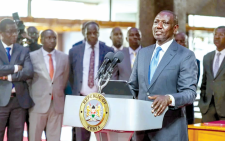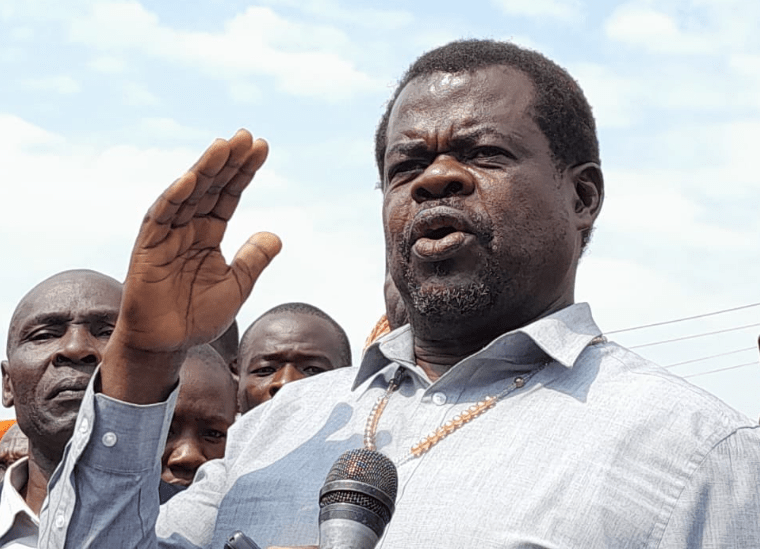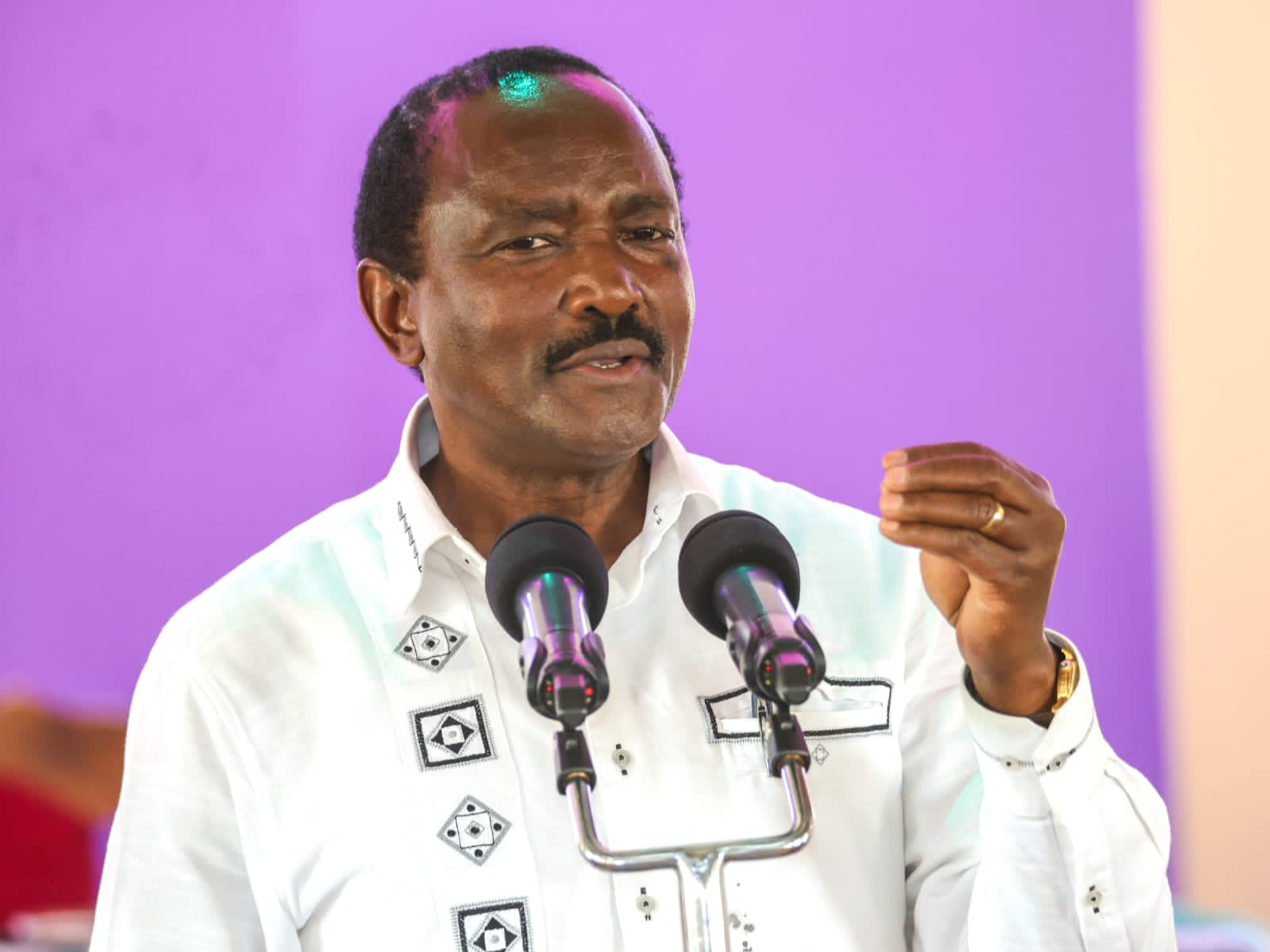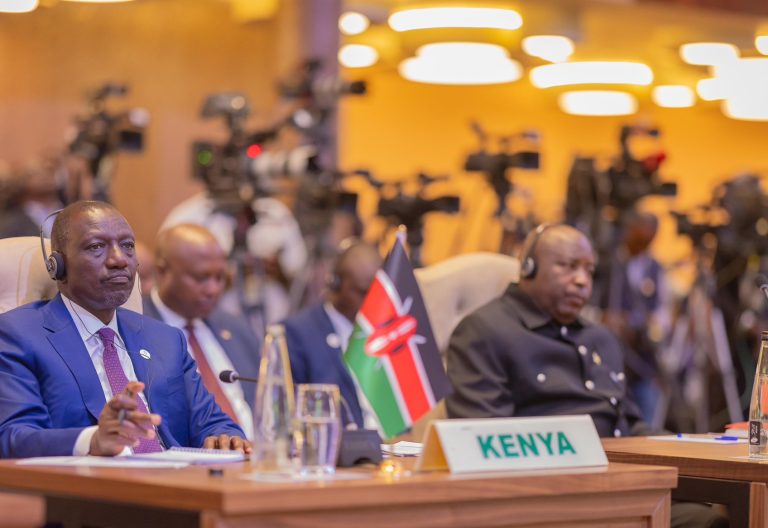Youth have responsibility to ensure their votes count
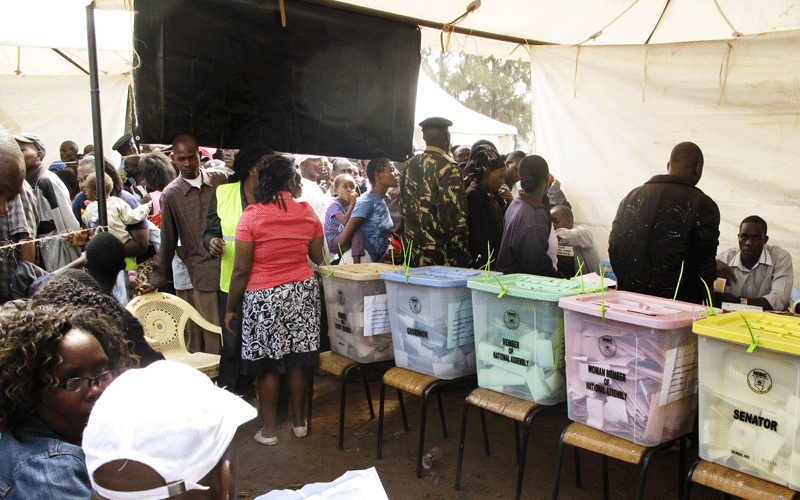
Kenya is largely populated by the youth. The 2019 Population and Census results show that 75 per cent of the 47.6 million population is under 35 years. Data from the Independent Electoral and Boundaries Commission (IEBC) in the recently enhanced voter registration, showed serious voter apathy, reporting that over three million youth had missed enrolling to participate in the forthcoming election.
The role of youth in politics has come into sharp focus since the promulgation of the 2010 constitution. Article 260 of the Constitution defines the youth as those aged between 18 and 35 years.
Youth are categorised together with women and persons with disability as marginalised from the political process because of their age, based on Article 260 of the Constitution. However, the debate in Kenya, tends to emphasize the marginalisation of women and people with disabilities than the youth. Therefore, youth are provided with opportunities and roles that are less glamorous.
In the past, youth have played vital roles in driving political agenda. However, the growing strength of youth in political affairs has neither been linear nor exponential.
As Kenya journeys towards the August election, its critical to look at the role and position of youth in political process. Youth constitute significant portion of the citizenry and a majority of voters despite the voter apathy, still IEBC reported 60 per cent of the registered voters in 2017 election were youth. Therefore, inclusion of youth in political processes should have influence in shaping the decision of present and the outcome of the future. Political parties can realise the significance of the youth, through providing priorities on the nomination list, setting aside position of youth in government and providing for policies that influence the economic growth of youth.
Parties are making strides towards ensuring participation of youth in political process, through development of youth responsive nomination rules, inclusion of youth in the National Election Board and provision of the nomination waivers. However, there is need for parties to adopt long-term approaches to ensure meaningful participation of youth in election.
There is need for parties to have long-term political agenda. Traditionally, youth are disadvantaged by lack of resources to enable them to register, and fund the activities of their own political parties to ensure their ideologies are mainstreamed, therefore you have to ride on already established parties.
Parties should strive to have established broad ownership of political parties beyond individual founder. The leaders become automatic presidential candidates for their respective parties which limits youth participation.
Parties need to invest in development of political leadership by mentoring and nurturing youth within their rank and file. They needs to come up with long-term training within respective parties targeting youth with interest of pursuing political pathway, this could be implemented with organised groups within varsities, colleges and community-based organisations.
As provided for in law, parties need to ensure youth leagues are established and strengthened to undertake mobilisation, and lobby for the interest of the youth within the parties. However, parties need to come up with well-defined and clear pathways for progression to key party structures, particularly youth who are approaching or are 35.
Youth, have responsibility to ensure their votes count, by turning up in large numbers during nominations and elections to enhance their bargaining power at the table of decision-making. It’s time to see bi-partisan approach in lobbying for youth issues regardless of the political affiliation. Youth should always remember, there is nothing for youth without youth.
— The writer is PhD candidate with bias in Governance, Democracy and Social Impact
